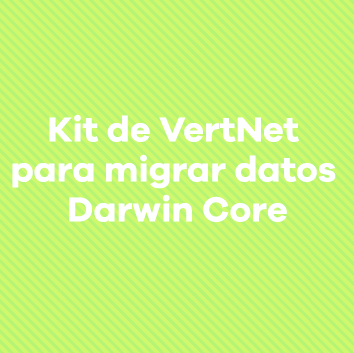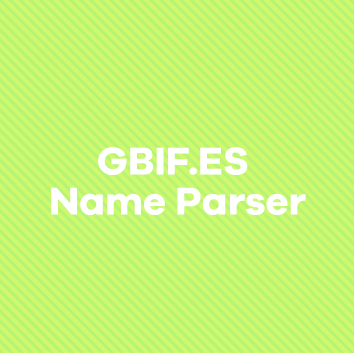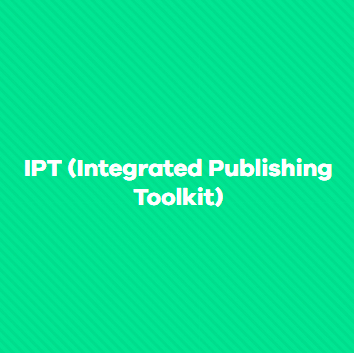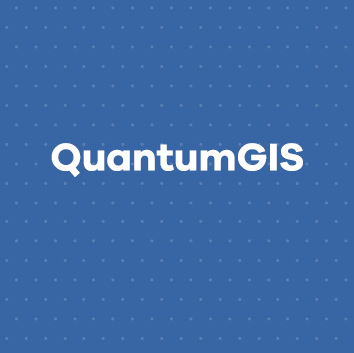Publication tools
VertNet Darwin Core Data Migrator toolkit
General toolkit for working with VertNet data. We call these data "migrators." Once customized to an original data source, it converts the original data into Darwin Core ready for upload to an Integrated Publishing Toolkit (IPT) resource.
GBIF.ES date converter
This tool is a simple app, based in a MS. Access database useful to manage and convert dates in their different sources to the format required by GBIF (ISO 8601).
https://drive.google.com/open?id=0BzjNSQ1QJruoRGRwYlBDNEFfNjg
GBIF.ES coordinate converter
This is a simple tool based in MS. Access useful to convert coordinates from some formats (MGRS, UTM, sexagesimal degrees,...) to coordinates in decimal degrees, which is the format required by GBIF to show locations in its map.
https://2022.gbif.es/wp-content/uploads/2021/05/Coordenadas-a-decimal.zip
Checklist recipe
This checklist recipe contains all the ingredients to make your data standardization open, repeatable, customizable and documented. The core functionality is an R Markdown file that makes use of the widely adopted tidyverse R packages to automatically transform a source data file to a Darwin Core checklist. Any user with a basic knowledge of R can customize the code to their own needs and explain specific data mapping decisions. In combination, this makes the standardization process repeatable and transparent.
The recipe is based on the experience we gained by publishing checklist data for the TrIAS project. We hope it helps you standardize and publish your own checklist.
GBIF.ES Name Parser
This tool is a simple app, based in MS. Access databases useful to parse scientific names in their basic components: genus, species, author and year. This information is recommended by GBIF to be included when mobilizing data through this network.
https://2022.gbif.es/wp-content/uploads/2021/05/Name_Parser_GBIFES.zip
IPT (Integrated Publishing Toolkit)
A free open-source software tool used to publish and share biodiversity datasets through the GBIF network.
GEOLocate
GEOLocate based web services for georeferencing were introduced in 2005. These services enable software developers to integrate georeferencing directly in their databases and applications.
Canadensys coordinate converter
This tool is useful to convert geographic coordinates from sexagesimal degrees (eg.: 45°32'25"N, 129°40'31"W) to decimal degrees (eg.: 45.5402778, -129.6752778).
QuantumGIS
This is an interesting alternative to Diva GIS, more generalist, not so focused on biology, has open source, availability to work on multiple platforms (Windows, Mac, Linux), is constantly developed in a very fast and efficient way and shows a very interesting plugin system.
ECAT name parser
This is a simple HTML form that uses the ECAT web service "name parser" to atomize scientific names. It is based on regex (it analyzes only the form) and tries to extract the scientific name in 3 new fields (genus, species and subspecies).
No more contents
All pages have already been loaded










